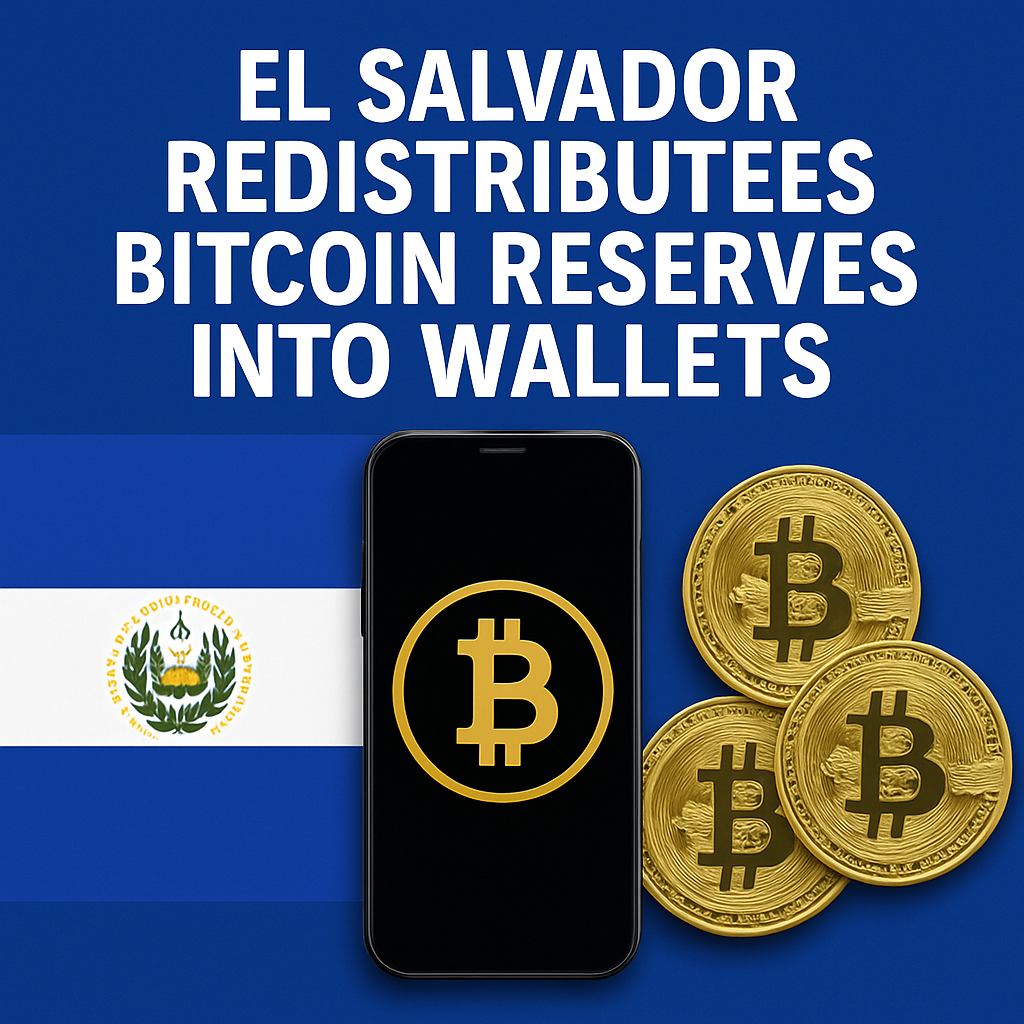El Salvador’s National Bitcoin Office announced on Aug 30 that it will transfer its entire strategic Bitcoin holdings—6,274 BTC, valued at roughly $678 million at current prices—from a single public address into 14 distinct wallet addresses. Each address will hold approximately 500 BTC. The move is designed to minimize exposure in the event of future quantum-computing attacks, which could exploit elliptical curve vulnerabilities once public keys become visible upon transaction broadcasts.
Under the country’s previous transparent model, repeated reuse of a single wallet address meant that public keys remained exposed indefinitely. Quantum-resistant proponents warn that sufficiently powerful quantum machines running Shor’s algorithm could factor private keys from public ones, enabling pre-confirmation theft. By splitting reserves into multiple addresses and avoiding key reuse, El Salvador aims to cap potential quantum damage at ~500 BTC per address, rather than risking full reserve loss.
To maintain accountability, a real-time dashboard will display aggregated balances across the new addresses. Blockchain researchers from Project Eleven, which published a quantum-cryptography report in April, have indicated that current quantum capabilities remain far from the threshold required to break 256-bit keys. Nevertheless, the precautionary routing reflects a proactive security posture amid growing central bank digital currency (CBDC) initiatives and national reserve strategies worldwide.
In statements on the social media platform X, the Bitcoin Office noted that software updates—akin to network-wide hard forks—could eventually incorporate quantum-resistant signature schemes. Experts highlight that community adoption of post-quantum cryptographic primitives such as lattice-based or hash-based signatures is feasible. Meanwhile, physical custody solutions and hardware upgrades will be needed to fully transition. El Salvador’s step may set a template for sovereign holders to follow as quantum research advances.

Comments (0)